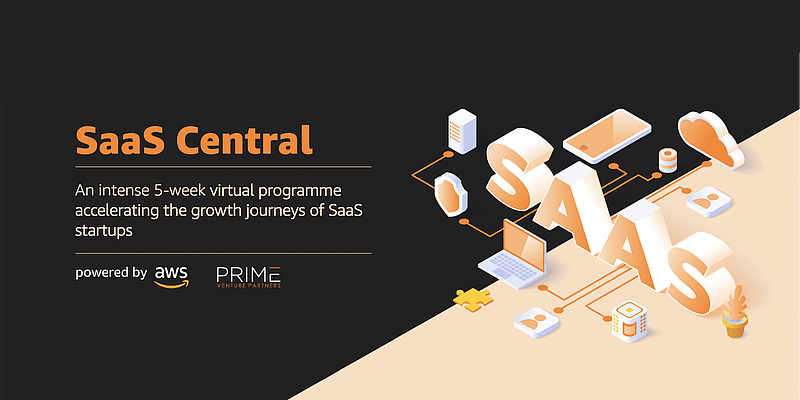[YS Learn] There are different paths to success while scaling, says Zerodha CEO
Scale and growth look very different for different companies. For some, it may mean tight profit margins; for others, it may justify taking on debt, or giving away equity. There’s no one-size-fits-all strategy for scaling up, but there are some commonalities.
It is said that the road to success is paved with obstacles, and only the ones who course-correct - often and intelligently - beat the odds.
While it’s true there is no one right way to approach growing a company, there are a few tried-and-tested formulas that have worked for several startups, at least in the earlier stages of growth.
For , one of India’s biggest brokerage-tech companies, bootstrapping was the modus operandi.
“I say, if you want to bootstrap, you need to have some edge – either you need to have deep pockets or some core competencies. So, for me, even today, I spend two to three hours interacting with customers online. It is that drive, the customer focus, and the hustle,” says Nithin Kamath, Co-founder and CEO.
Zerodha today has 2.5 million users, with over 80,000 daily active users, and the company says it is comfortable being a bootstrapped, albeit profitable, startup.
A couple of things that helped Zerodha achieve scale included not spending on advertising, which is one of the biggest costs for most businesses; hiring and retaining the right people; and being extremely nimble.
However, he adds that business predictability is difficult, as it depends on the stock markets and NIFTY, where volatility is high. Also, Nithin says, they had started bootstrapping in 2010 as there wasn’t much choice. But soon found they were a profitable business.

Nithin Kamath, Zerodha CEO
Speaking on how Zerodha has been able to achieve scale, Nithin lists down three major pointers:
- We have not had any marketing or advertising budget, which is one of the biggest costs for most businesses.
- We have also hired and retained the right people. They have joined and grown with us. Once we started building this business with a certain culture, we found it easier to hire people who fit the right culture.
- We have also been extremely nimble, I think bootstrapping has given us the power to execute nimbly without much delays.
“I think we are an elephant, as we are a large company in the stock market space, but our advantage is that we run like a cheetah despite being an elephant,” Nithin says.
He explains that the team runs the business like a sport, and that nimbleness and speed is their advantage.
“You can’t fight with equals. There need to be differentiators, which usually means core competency or deep pockets. For us, it has been core competency and nimbleness.”
Still, playing the stock market means a huge amount of risk makes business predictability difficult, especially during downturns when investors become averse to portfolio risks.
Edited by Aparajita Saxena






![[YS Learn] There are different paths to success while scaling, says Zerodha CEO](https://images.yourstory.com/cs/2/60409080-2d6d-11e9-aa97-9329348d4c3e/Zerodha_Nithin_Kamath_FI1562093503748.png?mode=crop&crop=faces&ar=2:1?width=3840&q=75)





